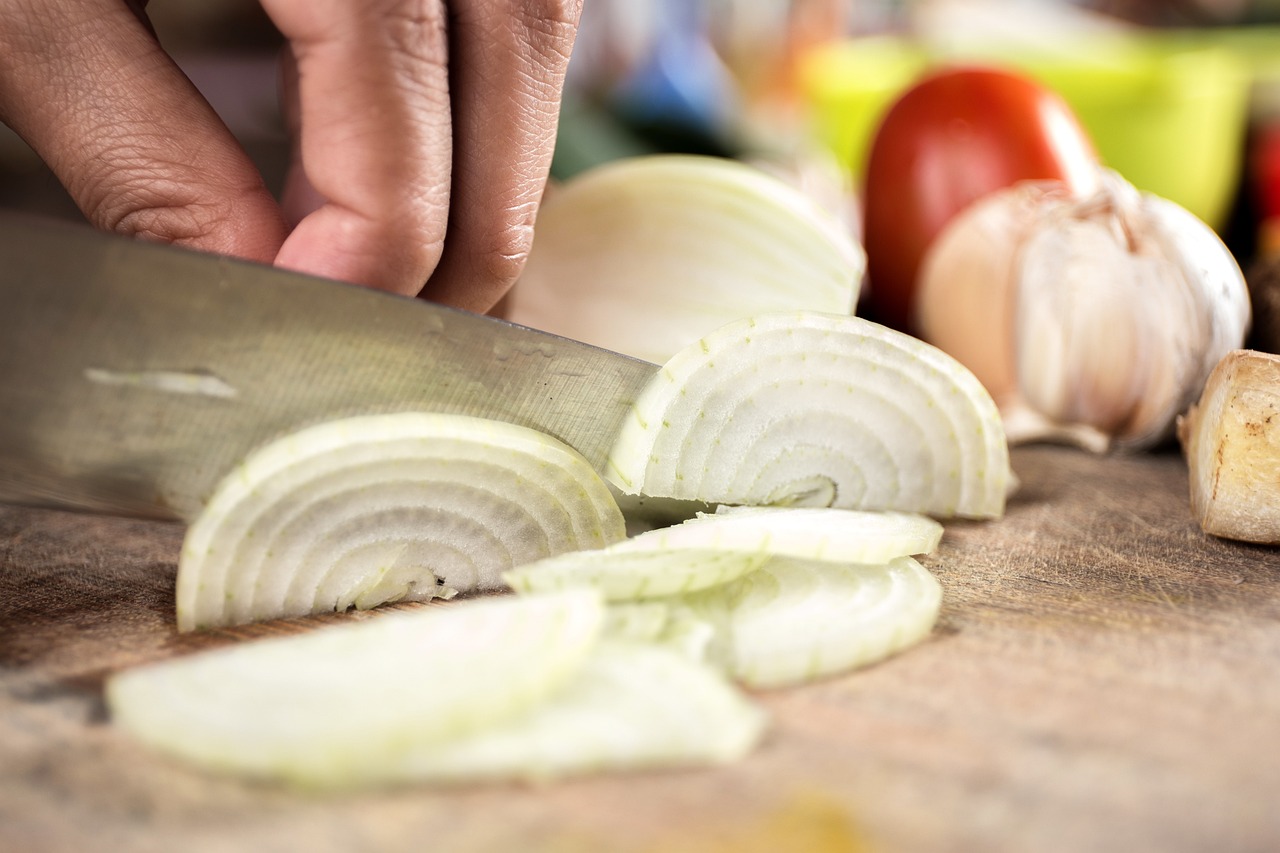Today, we’re going to talk about which is healthier, plant or animal meat, in terms of the health of monks and the advantages and processing of plant meat.
01, Is a vegan diet healthier?
I’ve actually written about the vegan question before because there happens to be a study on monks. The answer is that overall purely vegetarian monks are not seen to be healthier than the general population and have higher sub-health than the NJ average.
This article, “An Investigation of the Relationship between the Health Status and Nutrition of Monks in Nanjing” gives us a good idea of the findings:
Firstly, the study group, the
It basically covers the old, middle-aged and young generations.
In terms of body mass index (BMI), the overall percentage of normal is 57.3 per cent.
The overall obesity rate is 10.3%, slightly lower than the national average (12%). This means that it is okay.
The proportion of wasting is small, 6.2%, which only occurs in Jixing Temple and Qixia Temple.
Nutritionally, there is still a pretty strong relationship between BMI and carbohydrates.
Regarding the influence of the age factor, it can be seen that age still has a relatively obvious influence on weight
Sub-health conditions are also found in monks, mainly including easy fatigue and poor concentration.
There is also the proportion of the same person carrying multiple subhealth symptoms.
The main nutrient deficiencies include vitamins and minerals.
02, What is vegetarian/plant-based meat?
And as for the veggie meat question. I’ve never actually understood how this plant meat got hot.
Isn’t this something that has been around for ages? It’s still in our daily recipes, and when you go to a vegetarian restaurant, it’s all plant-based meat.
Oh, no, some people say, that is vegetarian meat, but, vegetarian meat is plant meat ah.
Firstly, let’s talk about what plant-based meat is. Personally, I think, technically, it should be called: plant-based meat.
Note that the plant-based one is key, meaning that the meat, the primary component, is of plant origin. Other components are then added to make it resemble meat.
Plant-based meat, in essence, is still plant-based, and that hasn’t changed, at least not currently, and personally I don’t see it changing much in the future.
Instead, plant-based meat focuses on modern synthetic biology to make plant-based meat more like animal meat. This step focuses on synthetic biology to synthesise some of the key factors that affect the flavour of meat, such as typically haemoglobin.
This is a business that some of the newer technology companies in recent years have engaged in. Of course, they are also working on the synthesis of other animal proteins, like milk, for example, which is more than 90 per cent water and the rest is protein, and milk production, in the past, required plant-cow-milk proteins. Now through synthetic biology plant – yeast – milk protein.
Bypassing the animal step. But they haven’t changed the core of plant-based.
In fact, to put it bluntly, plant-based meat is a product made from soy protein, etc., and some of it may be made from pea protein or wheat protein, etc. See this, there may be some people still do not quite understand, that bluntly, we eat beans, what tofu ah, soya milk ah, etc., are made of soy protein.
This stuff, in essence, there is nothing beyond what is already known, and is basically the basic ingredients of our daily recipes.
03, Why the reintroduction of plant meat in recent years?
There are two main points:
1, advances in flavour simulation of traditional meats
Although traditional vegetarian meat can already be made to look very much like animal meat, it is very difficult to simulate the likes of beef pork lamb (the so-called simulations currently on the market are actually added animal fats).
And research has found that haemoglobin plays a key role in the flavour of meat.
In recent years, synthetic biology has made it possible to produce haemoglobin through fermentation, and then add it to plant ingredients, finally achieving a great enhancement of the flavour of vegetarian meat. Hence the name change.
2, Energy saving, or to use a trendy term, low carbon.
This is what I personally think is the biggest advantage of plant-based meat, and what the various plant-based meat companies basically mention: environmental protection.
Plant proteins can be extracted directly from the plant, whereas animal proteins require the animal to ingest the plant and then produce the protein further, which adds an extra process to the food chain and adds a lot of waste, for example, a cow growing up can eat many times its own body weight in feed. Not to mention the many environmental impacts of the production process (e.g. Australian cow dung?).
And in the long run, reducing costs is a given.
Combined with the fact that animal meat itself is subject to a range of factors such as feeding grounds, feeding management, and cycle times, this gives plant-based meats the scope to somehow reduce the cost of protein intake for humans.
Therefore, personally, I have always believed that the biggest advantage of plant-based meat is that it can be produced at a lower cost, as well as being environmentally friendly (and often times I think the two are united).
04, Is plant meat healthier than animal meat?
If you have to emphasise that plant meat is healthier than animal meat, I think it’s debatable.
Plant meat does contain some plant fibre, while the proportion of fat etc can be adjusted during processing to make it look like it cares more about everyone’s health.
However, the fact that ingredients and additives are often added during the processing of plant meat to make the flavour closer to that of real meat, results in plant meat containing far more sodium than animal meat, and too much sodium is not cardiovascular friendly.
Not to mention, plant-based meat alone is actually quite unpalatable, and often requires various oils to be added during processing in order to make it taste better. You can imagine the taste of boiled vegetables, it is difficult to make delicious without oil (personal test, air fryer without oil taste far less delicious than deep-fried).
If you buy back the plant meat and end up following the routine to cook, it is difficult to reduce the effect of fat.
It’s hard to believe that plant-based meat practices like this one are low-fat
In addition, plant meat is not a complete substitute for animal meat, after all, some animal-specific content, such as vitamin B12, some polyunsaturated fatty acids, and some trace elements, between plants and animals hang in the balance, so you can not completely eliminate animal meat.
To sum up, plant meat really does not have to be healthier than animal meat, but for the crowd of too much fish and meat, you can try the plant meat to balance it out, but if the normal meat eaters themselves, there is not really much need. Maybe eat a block of tofu, drink a bowl of soya milk, the effect will be better.
As well, cooking with less oil is the key.




